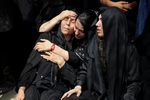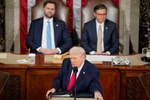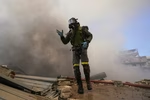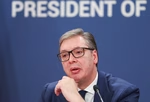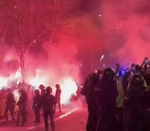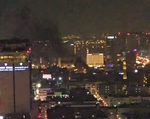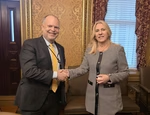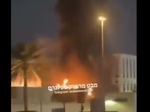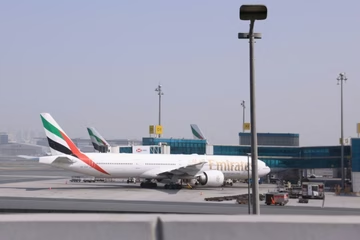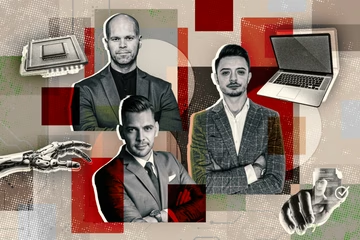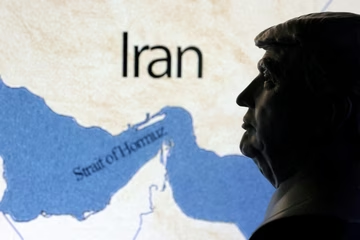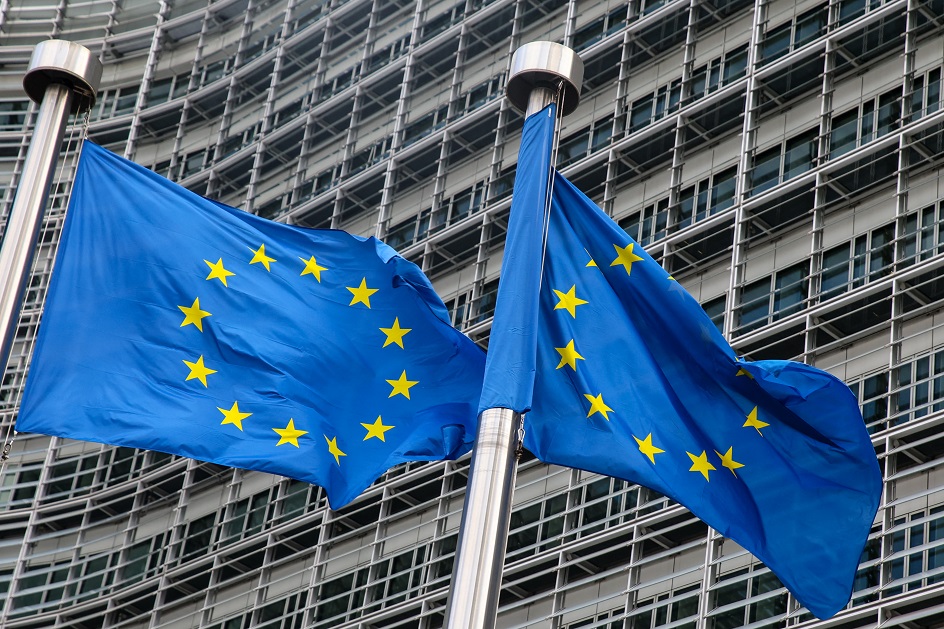
The Council of the European Union adopted conclusions condemning blockages of Bosnian institutions and lack of progress, but it failed to acknowledge the security aspects of the threat that Serb member of Bosnian State Presidency Milorad Dodik poses to a safe and secure environment, the Democratization Policy Council (DPC) said on Monday following the EU ministers' session which discussed the situation in the Western Balkans among other issues.
In addition to the support to the presence of Operation Althea i.e. EUFOR and other international actors on the ground in BiH, the EU Council reaffirmed unequivocal commitment to BiH's EU perspective as a single, united and sovereign country and it urged political leaders to renounce provocative and divisive rhetoric and action, “including questioning the territorial integrity of the country,” and to work together on meeting the priorities from the European Commission's Opinion on BiH's EU membership application.
But, the Berlin-based DPC called the conclusions a “business-as-usual statement,” which in these circumstances means “whistling past the graveyard.”
They recalled that when the EU decided in March 2011 to separate the post of the EU Special Representative from the Office of the High Representative, which oversees the peace implementation in BiH, it adopted restrictive measures that “should be imposed against certain natural and legal persons whose activities undermine the sovereignty, territorial integrity, constitutional order and international personality of Bosnia and Herzegovina” and who seriously threaten the security situation in Bosnia and Herzegovina or undermine the Dayton Peace Agreement, the deal which ended the 1992-95 war and which contains the Constitution of BiH.
https://twitter.com/DPC_global/status/1450112705352933376
“The EU Council blew an opportunity to send a clear message to Dodik and others in BiH when one is sorely needed, let alone follow through with concrete action on a responsibility it sought from NATO 17 years ago, as well as one of its own device from a decade back.”
“This accelerates, rather than brakes, BiH’s dangerous trajectory,” the DPC warned.
As for the reaction of High Representative Christian Schmidt, who hold special powers to impose laws and dismiss officials, they said it was “incredibly irresponsible” for him to place the “onus on local authorities.”
“Aside from that, Schmidt ignores that the institutions charged with defending the BiH constitutional order have been systematically undermined – just as the OHR BiH has been in its role of defending the same, and the DPA more broadly," said the DPC tweet.
In his latest statements, Serb Presidency member said that Republika Srpska, Bosnia's Ser-majority entity, is prepared to defend itself in case of a potential armed conflict in Bosnia and Herzegovina and would ask its “friends” to protect them in such a scenario.
“If that is necessary, we will defend ourselves with our own forces. If it happens that they say NATO will intervene, we will ask our friends – who told us clear and loud they never abandon their friends – to help us,” he told public broadcaster RTRS, without specifying who the friends are.
He also told the EU ambassadors in BiH that Republika Srpska would declare independence if sanctions are imposed on the entity.
Kakvo je tvoje mišljenje o ovome?
Učestvuj u diskusiji ili pročitaj komentare





 Srbija
Srbija
 Hrvatska
Hrvatska
 Slovenija
Slovenija








